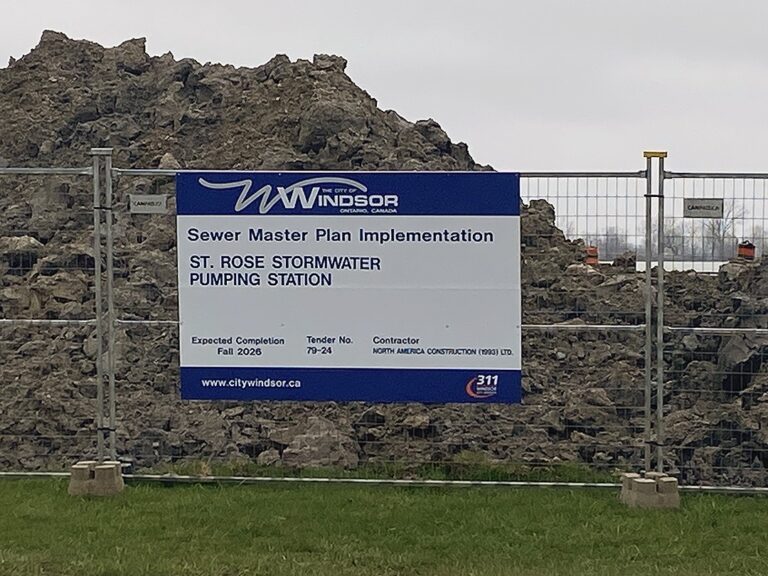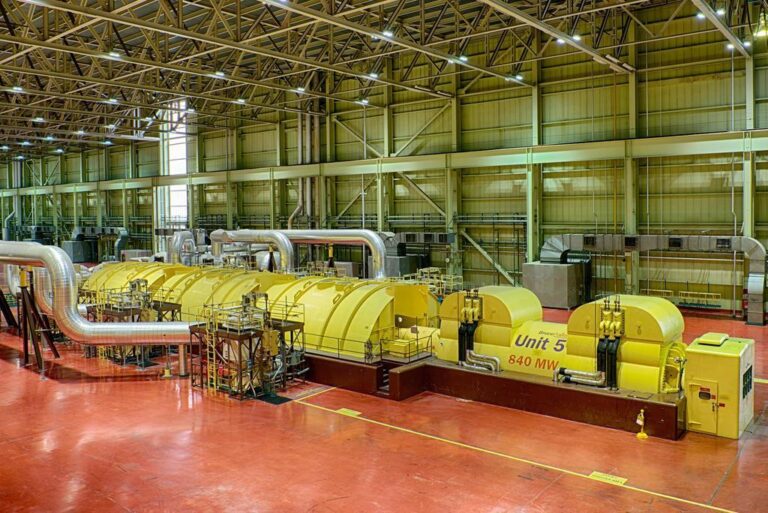Environment and Climate Change Canada (ECCC) awarded a contract to GHD to explore practical pathways to transition Canada’s industrial off-road equipment toward low-carbon and zero-emission alternatives to support Canada’s efforts to achieve net-zero emissions by 2050.
According to data compiled by The Conference Board of Canada, Canada is one of the world’s largest per capita greenhouse gas emitters. GHD will assess existing industrial off-road equipment and identify barriers, technologies, and infrastructure requirements needed to enable a large-scale shift to cleaner alternatives across all types of industrial facilities in the country.
“Canada’s commitment to decarbonization is more vital than ever—not only to achieve our net-zero goals but to position ourselves as a leader on the global stage,” said Rippan Bhattacharjee, GHD’s senior advisor on Decarbonization. “Our goal is to provide concrete, actionable research that address the specific needs of Canada’s industrial sector, whether that’s ensuring the readiness of critical infrastructure, optimizing lifecycle costs, or pinpointing the most effective technology solutions.”
Running until June 2025, this project will focus on assessing the decarbonization pathways for a wide range of equipment used across Canada’s diverse industrial sectors. The project aims to support Canada’s transition to a low-carbon economy that aligns with its climate goals by identifying and evaluating the adoption of low-carbon and zero-emission technologies. The initiative will offer considerations for industrial facilities such as automotive manufacturing, iron & steel production, pulp and paper plants, and more, helping to reduce emissions from some of the most emissions-intensive industries in the country.
Key areas of focus include:
- Equipment Analysis: Assessing commonly used equipment such as aerial lifts, forklifts, cranes, air compressors, and material handling machines, focusing on fuel sources and operational profiles.
- Technology Evaluation: Identifying global low-carbon and zero-emission technologies for Canadian industrial needs, including clean fuels and zero-emission vehicle (ZEV) options.
- Cost and Emissions Comparison: Comparing lifecycle costs and emissions of fossil fuel, clean fuel, and zero-emission technologies.
- Infrastructure Assessment: Evaluating the capital costs, electricity demand, and renewable energy integration needed to support the transition to decarbonized equipment.
The desired outcome is to provide ECCC with a clear roadmap for reducing emissions across, including identifying market barriers to the adoption of clean technologies and strategies to overcome them. Through this project, the federal government will gain critical data and insights that will shape policy, regulations, and funding opportunities related to the decarbonization of industrial off-road equipment. These findings will also support Canada’s commitment to meeting its net-zero targets by 2050, ensuring that the country’s industrial sectors can remain competitive on the global stage while achieving significant environmental progress.
Featured image: (RESCON)











